Nutrients that are useful are abundant in cucumbers. They include fibre, which encourages regular bowel movements to reduce constipation, and are composed of 95% water.
Drinking Water

One of the most reliable ways to stay hydrated is to eat one cucumber each day. Nutrients, fibre, and water are all abundant in cucumbers. According to Cleveland Clinic, they not only keep the body hydrated but also facilitate digestion by hydrating the cells in the digestive tract.
Numerous antioxidant micronutrients, including manganese, potassium, soluble fibre, vitamins K and A, and vitamin C, are found in cucumbers. These aid in preventing oxidative stress, which has been connected to illnesses and early ageing.
Cucumber juice has been shown in one trial to help decrease blood pressure in older persons. They are low in calories and also contain chemicals that reduce inflammation. It is believed that the flavonoid fisetin lowers the risk of developing several malignancies. By maintaining the pH balance of the stomach and lowering bloating, it also helps to avoid indigestion.
Loss of Weight

A daily serving of cucumbers has few calories, which may aid in weight loss. Because it includes potassium, which encourages blood vessel dilatation, it also helps reduce blood pressure.
The vegetable has a lot of antioxidants, which shield the body from oxidative harm. By binding with and neutralising free radicals—unpaired electrons—these chemicals shield the body from long-term illnesses and early ageing.
Consuming cucumbers can involve slicing them, putting them in hummus or other substantial, healthful dips, adding them to smoothies, or drinking the juice. They can also be used to add crunch and freshness to salads. They are a fantastic snack choice for people who are attempting to lose weight because they are high in protein and low in calories.
Normal Digestive Process

Cucumbers not only keep you hydrated but also aid in bowel regularity, the development of beneficial gut bacteria, and the prevention of constipation. Because of their high cucurbitacin B content, they are also a natural cure for sour stomach and foul breath.
Regular consumption of cucumbers can also help control blood pressure. Due to its high potassium level, the vegetable helps lower blood pressure and lessens water retention caused by sodium.
On the other hand, pickled cucumbers in brine should be avoided. According to Gorin, they may have elevated sodium levels, which may exacerbate hypertension in certain individuals. Alternatively, she recommends purchasing unpickled cucumbers from the store or consuming them raw.
Diminish Blood Sugar
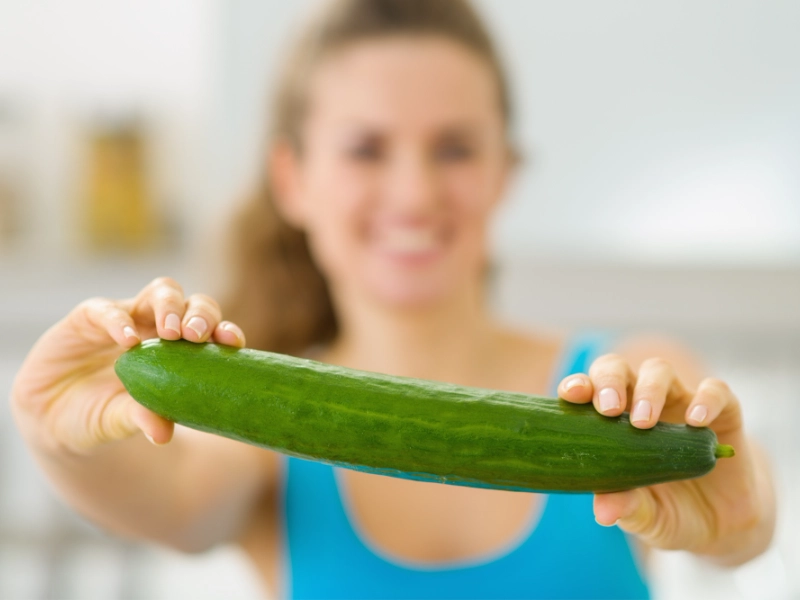
Your heart and blood arteries are under a lot of pressure when your blood sugar level is high. It is imperative that you take action to control your blood sugar levels. Cucumbers have been shown in several tests on animals and in test tubes to help reduce blood sugar levels.
Additionally, potassium, which is crucial for both maintaining good blood pressure and kidney function, is found in cucumbers. Potassium aids in the efficient function of your heartbeat, muscles, and nerves.
Nutritionists advise those with diabetes to consume nonstarchy vegetables like cucumbers. They are an excellent option for people trying to control their blood sugar levels because of their low glycemic index. Additionally, the fibre in them slows down the body's glucose absorption. Antioxidants found in cucumbers shield the body from oxidative damage and lower the risk of cancer.
Oxidizers
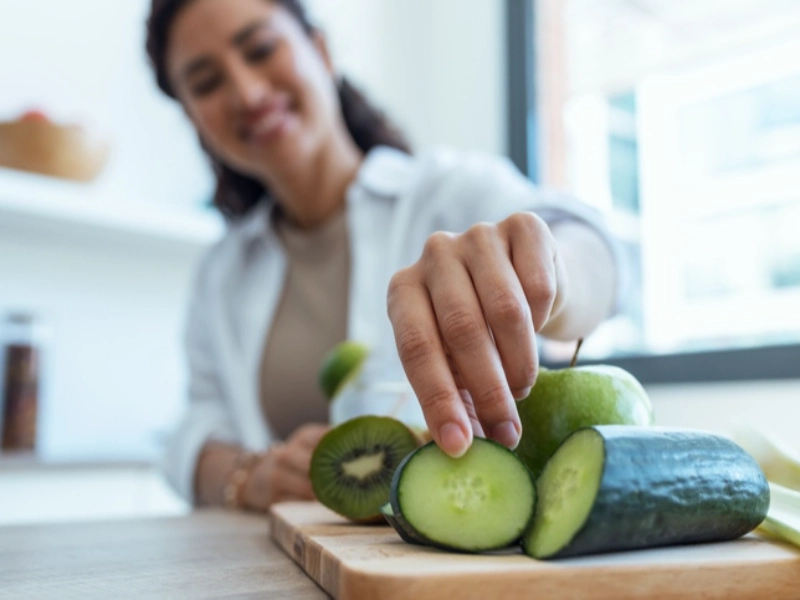
The body requires water to function, and a persistently low level of hydration can affect the body's ability to regulate temperature as well as the movement of waste and nutrients. However, drinking water on its own is boring, so one approach to stay hydrated is to eat a lot of fruits and vegetables.
Antioxidants, such as those found in cucumbers, aid in the neutralisation of free radicals, which are unpaired electrons that can harm cells and cause disease. Particularly abundant in lignans, a class of antioxidants that may lower the risk of cancer, are cucumbers.
Consuming cucumbers, especially without peels, can supply your body with essential vitamins, minerals, and fibre. Just make sure you only eat fresh slices rather than pickles, which can severely affect blood pressure due to their higher sodium content.
Advertisement
Recommended Reading: Does Aloe Regrow Hair?
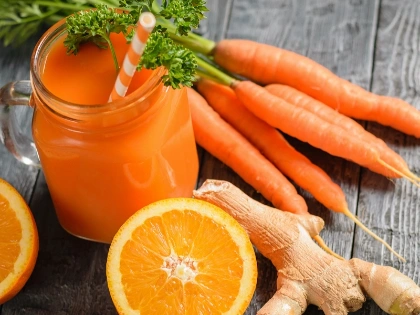

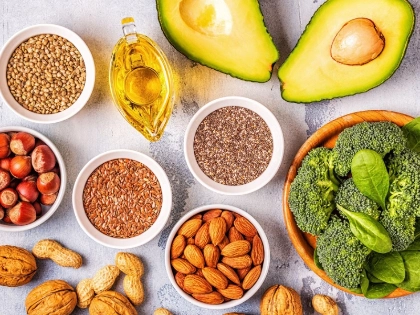






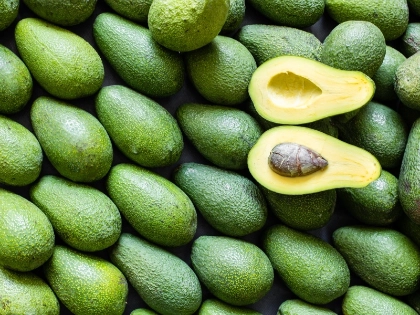
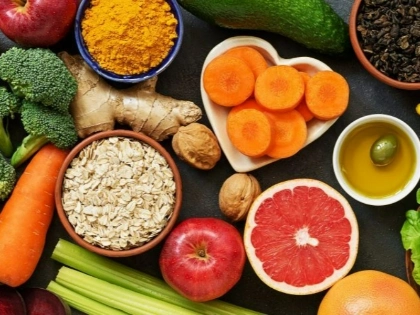



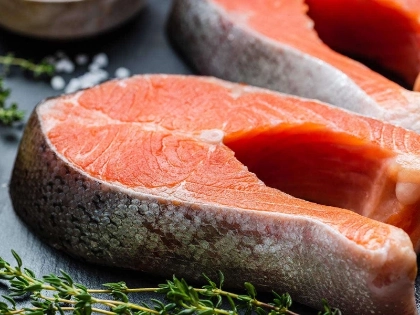
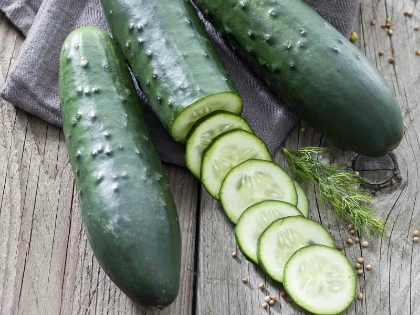


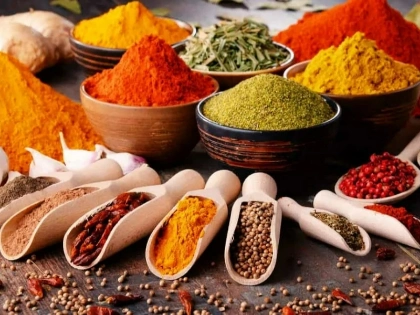
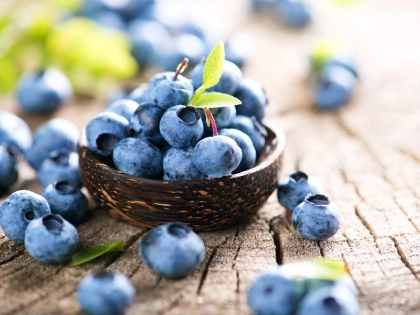
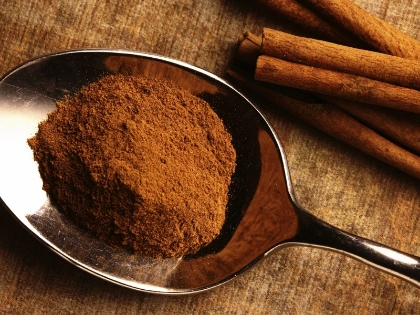

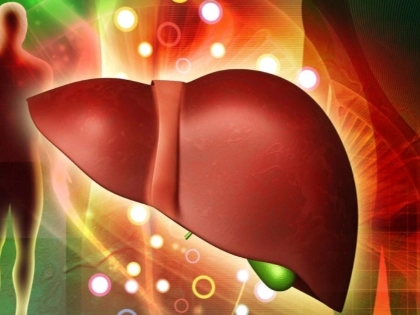


Comments
Leave a Comment
Your email address will not be published. Required fields are marked *